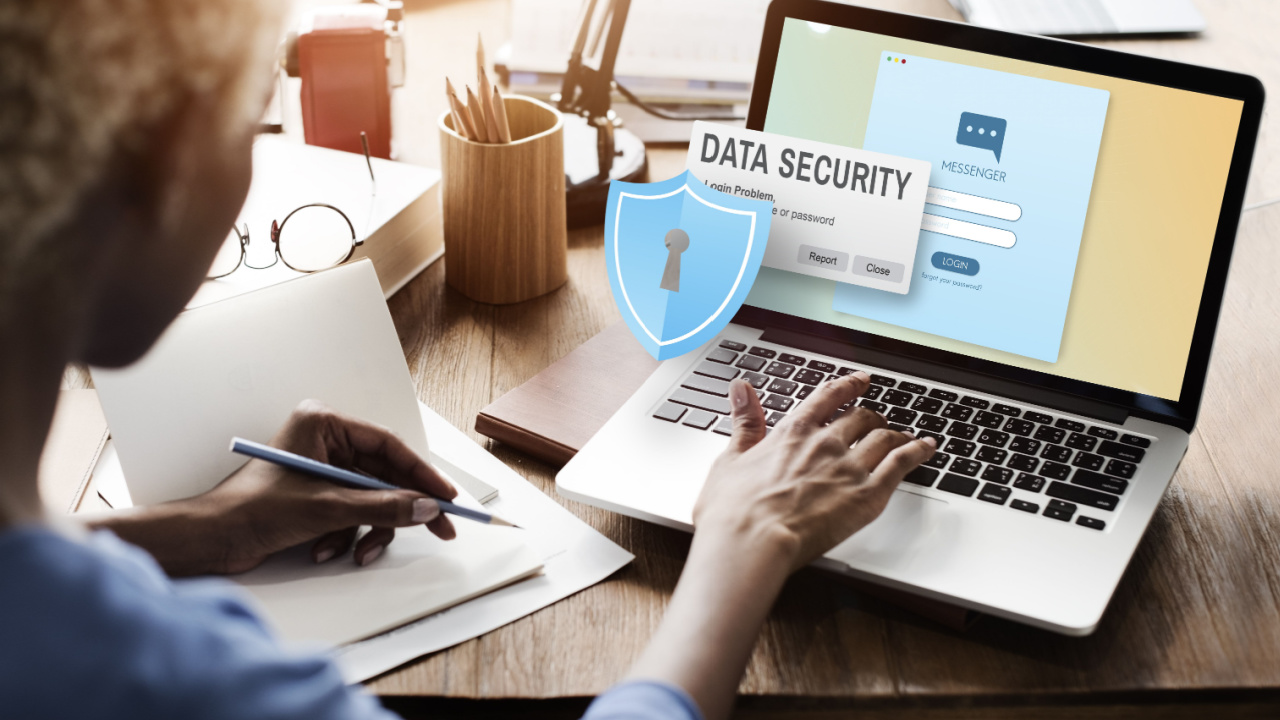Online scammers continue to find new ways to try to gain access to your accounts. Protecting yourself online continues to be an important strategy to protect your wealth. Online scammers tend to use scare tactics and follow the path of least resistance to get what they want. Fortunately for us, there are a handful of important rules you can rely on to keep you from falling prey to an online scammer.
First: Make your passwords difficult and change them often
We should all know the importance of a good password. Just about every login you create forces you to create a password with letters, numbers, and special characters. As annoying as this is, it is also for our own good.
Using the same password, or a number of very similar passwords, makes it easy for one online breach to disrupt everything from your social media accounts to your bank and investment accounts. Using different passwords for every service is important so that a bad actor who finds your Facebook login cannot use it to guess your Schwab login.
With more and more websites prompting you to set up a login, the importance of a password manager cannot be overstated. There are many password managers out there that will work on both your computer, your tablet, and your smartphone. Call us for recommendations.
Second: Beware of emails or texts trying to manipulate you. Watch out for calls too!
One of the most common ways scammers try to steal your information is through social engineering attacks. This is where a scammer contacts you with an urgent request, purporting to be either someone you know personally or a representative of a well-known company (like Amazon or Apple). They then try to manipulate you into giving them your bank or credit card information by creating a feeling of urgency or stress.
The well-known email scam of a Nigerian prince trying to give you money is a good example of social engineering. However, what if you receive an urgent email from a friend traveling abroad who lost their credit card and needs you to wire $3,000 so they can pay for their hotel and food costs? A scammer could spend a short time looking through public Facebook accounts and tailor an email scam accordingly. Whenever you receive an email which creates a feeling of stress and urgency, read it twice to see if you can spot a scam.
Phone scams are even harder to avoid because you often don’t have time to reflect on what the person on the other end is asking you to do. Scammers may say they work for your internet provider, your mortgage company, even the IRS! They try to get you to read out your bank or card information to them over the phone or get you to go to a malicious website and enter your financial account logins there. Those feelings of stress and urgency are a great tipoff that something nefarious is going on.
Whenever you are in doubt, whether it is an email, text, or phone call, try to contact the company through their publicly listed phone number or email to confirm the legitimacy of any request. Do not give out your information until you have verified the request is valid.
With email and text messages, do not click on links that come from unknown senders. Be very wary of links that come even from known senders as scammers can find ways to spoof email addresses or phone numbers. Keeping calm is the best way to watch for these scams.
Third: Beware of USB drives and public wi-fi
USB drives are a common external storage device and are so handy they are often given out at conferences or events. However, any USB drive that is not in its original packaging could have been preloaded with malware. As soon as you plug the drive into your computer, the malware goes to work and could steal your data, install a keystroke logger, or even begin a ransomware attack by locking up all of your files.
Public wi-fi is any wi-fi outside of a home environment that is not secured by a password. Hotel wi-fi, which usually does require a password, is also not considered secure. A scammer can use unsecured wireless networks to “watch” the websites and services you access and can even steal your login credentials through it. This also applies to your cellphone and tablet so if you automatically connect to your local Starbucks whenever you visit, remove it as a trusted network now.
Avoiding unpackaged USB devices and public wi-fi networks are both easy habits to build. If you travel a lot for work or like to bring your laptop on vacation, bring a wireless hotspot along so you can have a secure way to access the internet.
Fourth: Use the tools available to you
Staying up to date on your computer, phone, and tablet updates is an easy way of increasing your device’s resistance to common viruses and malware. Setting your device and your apps to automatically update will help ensure you have the latest protections in place.
Many financial institutions offer free fraud prevention services so take advantage of whatever is offered. Your local library or community center may offer free workshops on technology and cybersecurity. There are also free resources available online through the Federal Trade Commission (FTC) or Federal Deposit Insurance Corporation (FDIC), simply navigate to their websites and search “cybersecurity.”
Scammers will target anybody and everybody they think they can get some money from. They also follow the path of least resistance so if you make things more difficult for them by using complicated and unique passwords, using only secure wi-fi, and taking your time to verify legitimate requests, you are much less likely to fall victim to any of their schemes.



